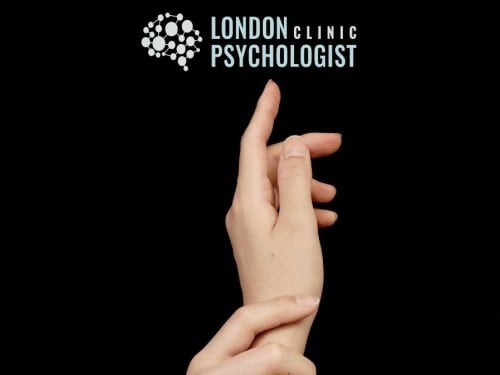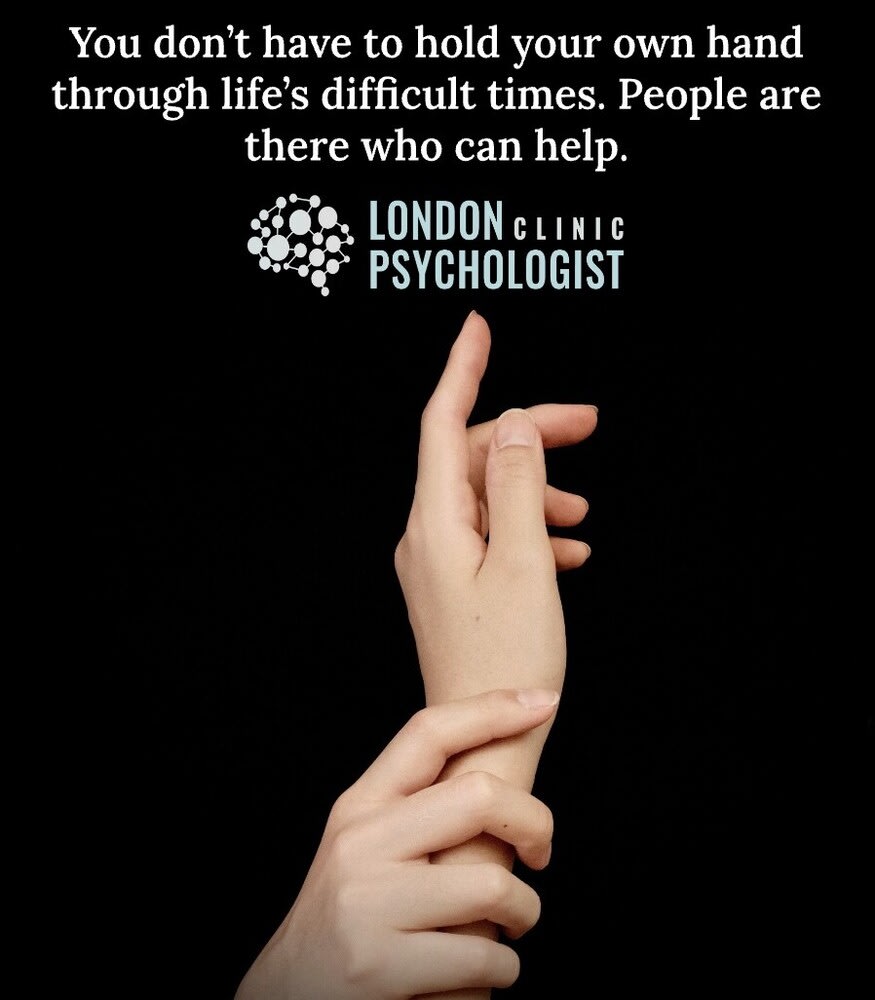Healing after Trauma

posted 27th May 2025

Healing After Trauma: Understanding Its Impact and Supporting Those Who Carry It
Trauma has a lasting effect — not only on the people who directly experience it, but also on the partners, children, friends, and colleagues who walk beside them. Whether it’s the result of abuse, violence, war, sexual assault, or abandonment, trauma has the power to change the way someone sees the world, others, and themselves. But while trauma may shape a person’s experience, it doesn’t have to define them forever.
As psychologists, we are often asked: Can someone really recover from trauma? How can I support my partner or parent who is traumatised? At what point do I protect myself and walk away? These are deeply human questions — and there are no simple answers — but there is hope, and there is help.
The Lasting Effects of Trauma
Psychological trauma can manifest in many ways, ranging from chronic anxiety to emotional detachment, mistrust, sleep disturbance, or even physical symptoms like gastrointestinal issues and migraines. In clinical terms, trauma can result in Post-Traumatic Stress Disorder (PTSD) or Complex PTSD (C-PTSD). Whereas PTSD typically follows a single event, such as a serious accident or assault, C-PTSD is more often the outcome of prolonged or repeated trauma, such as childhood abuse or long-term domestic violence.
Trauma fundamentally alters the brain. Neuroscientific research has shown that the amygdala becomes hyper-responsive, causing exaggerated fear responses; the hippocampus, which helps process memory, may shrink; and the prefrontal cortex, which helps with regulation and decision-making, may be impaired. This is why someone with trauma may appear irrational, numb, reactive, or unpredictable — these are neurological effects, not personality flaws.
Living with a Traumatised Loved One: Real-World Experiences
Consider Emma, whose husband returned from active duty in Afghanistan. Once vibrant and affectionate, he came home withdrawn, tense, and prone to angry outbursts. “He doesn’t sleep. He flinches at loud noises. Sometimes he looks right through me,” she says. “I love him, but I don’t know how to reach him anymore.”
Or James, who grew up with a mother who had survived severe childhood neglect. “My mum never talked about her past, but she was always anxious and controlling. She never hugged us. Now, as an adult, I realise she was living in survival mode her whole life — and so was I.”
Then there’s Priya, who began dating someone who had been sexually assaulted in their twenties. “They needed constant reassurance, feared intimacy, and panicked if I got too close. I wanted to help, but I didn’t know how without losing myself.”
These are not uncommon stories. Trauma rarely exists in a vacuum. It radiates — touching relationships, parenting, work, and even identity. People close to trauma survivors often experience secondary trauma, compassion fatigue, and emotional burnout.
Can Someone Recover from Trauma?
Recovery is absolutely possible — but it isn’t a linear process. Trauma rewires the nervous system, and healing often means learning to feel safe again in one’s own body and relationships. It also requires that the person is ready to confront their past, rather than avoid or numb it.
Renowned psychiatrist Dr. Bessel van der Kolk, author of The Body Keeps the Score, describes how trauma is stored not just in the mind, but in the body. Survivors may feel stuck in “fight, flight, freeze or fawn” responses. Recovery involves restoring a sense of agency and connection — not erasing memories, but integrating them in a way that no longer dominates a person’s life.
How Therapy Helps
Modern trauma therapy is no longer about simply talking it through. Psychologists use a wide range of evidence-based treatments tailored to the individual’s experience and readiness. These may include Trauma-Focused Cognitive Behavioural Therapy (TF-CBT), EMDR (Eye Movement Desensitisation and Reprocessing), and Somatic Therapy, which helps survivors reconnect with and regulate their bodies. Schema Therapy can help address deeply rooted beliefs such as “I am unsafe,” or “I am unlovable.”
Family or couples therapy is also valuable, especially when trauma has created distance, mistrust, or miscommunication in close relationships. In our clinic, we often work not only with the traumatised individual, but also with their partner or adult child, helping them understand what’s happening neurologically and emotionally — and how to relate differently.
When Support Isn’t Enough: Addiction, Denial, and Boundaries
Not every trauma survivor is ready for healing. Some turn to alcohol, drugs, gambling, or compulsive behaviours to numb the pain. Others deflect, deny, or project their trauma onto loved ones. If a person is unwilling to seek help, repeatedly abusive, or entrenched in addiction without accountability, it may become necessary to step back — or walk away.
This doesn’t mean you don’t care. It means you recognise that you cannot heal someone who is not willing to participate in their own recovery. Setting boundaries is not abandonment — it is self-preservation, and in some cases, the most compassionate act.
Supporting Without Losing Yourself
If you are close to someone who has experienced trauma, your role is not to fix them — but to support them in seeking the help they need. This might mean encouraging therapy, learning about trauma responses, or simply listening without judgement. It also means acknowledging your own limits.
Therapists often work with family members and partners who feel overwhelmed, invisible, or guilty for feeling resentful. These feelings are valid. Your emotional well-being matters, too.
Healing Is Possible
Healing from trauma is not about forgetting. It is about remembering in a way that no longer reopens the wound. It is about learning to feel safe, whole, and connected — not every moment, but more often than not.
Recovery is not only possible — it is observable. In our work at the London Psychologist Clinic, we have seen individuals who were once emotionally paralysed by trauma go on to lead meaningful, connected, and empowered lives. We have also seen partners who felt hopeless find clarity, strength, and peace — whether that meant staying or walking away.
If you or someone you love is living with the impact of trauma, please know that help is available — and healing is real.



